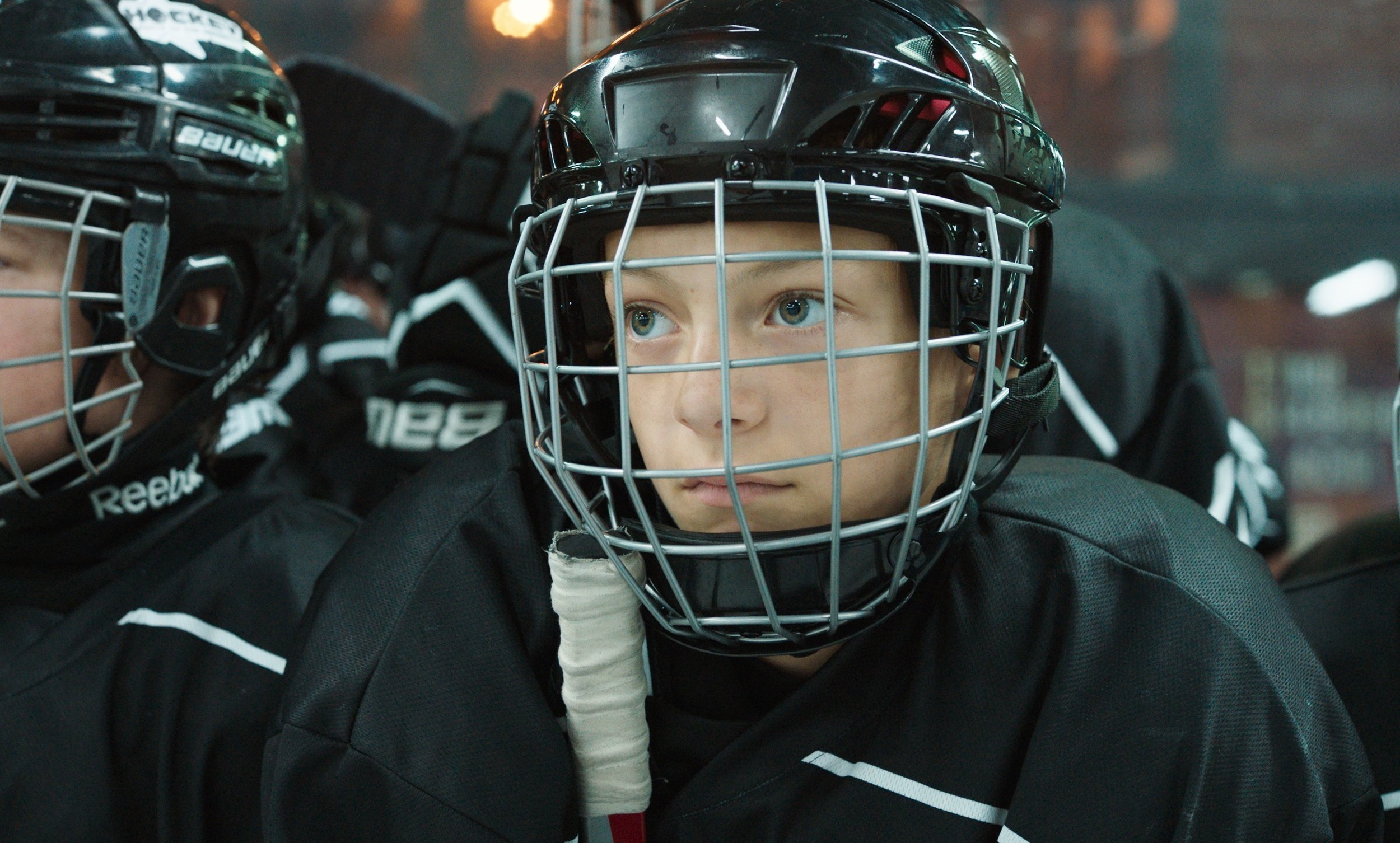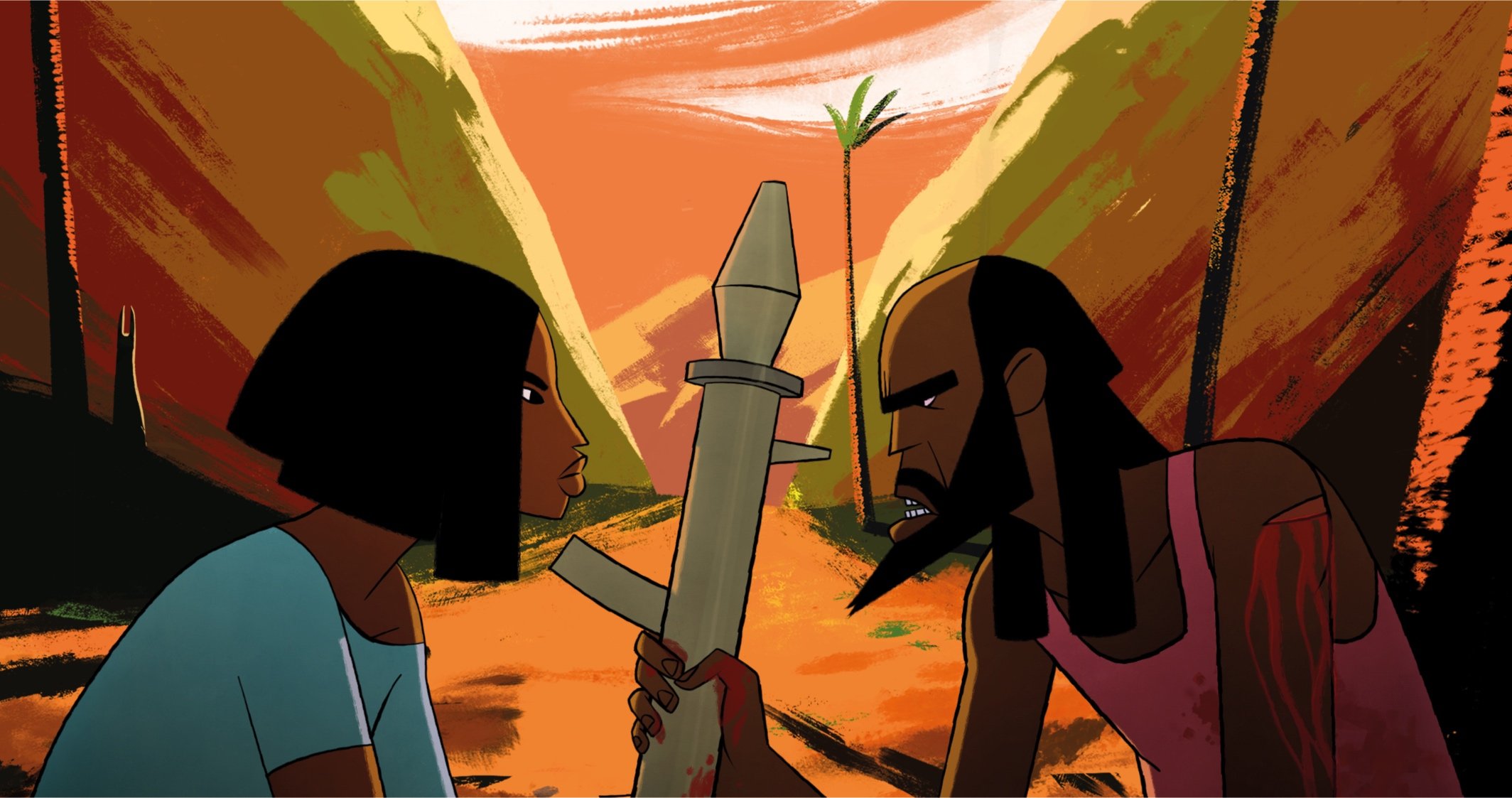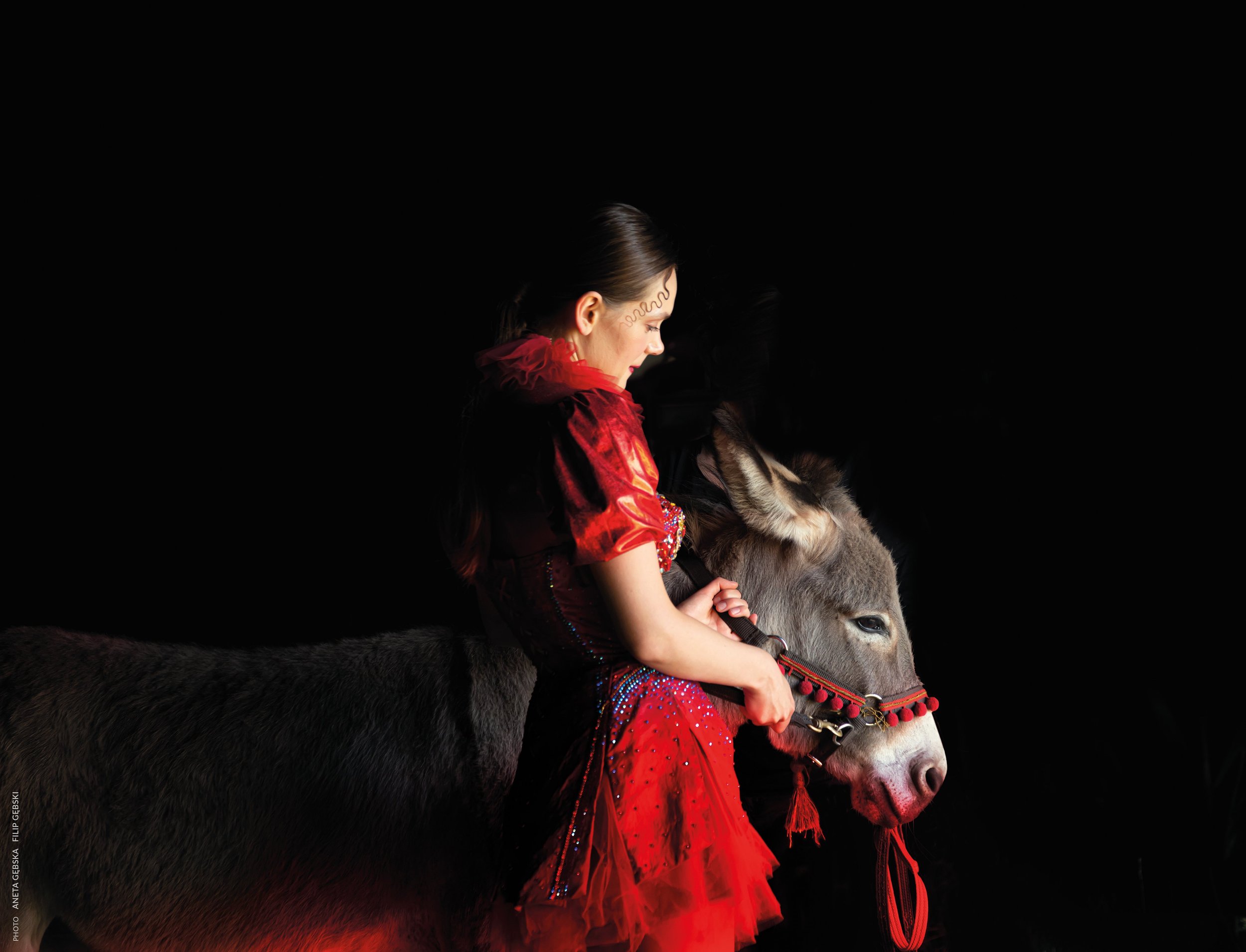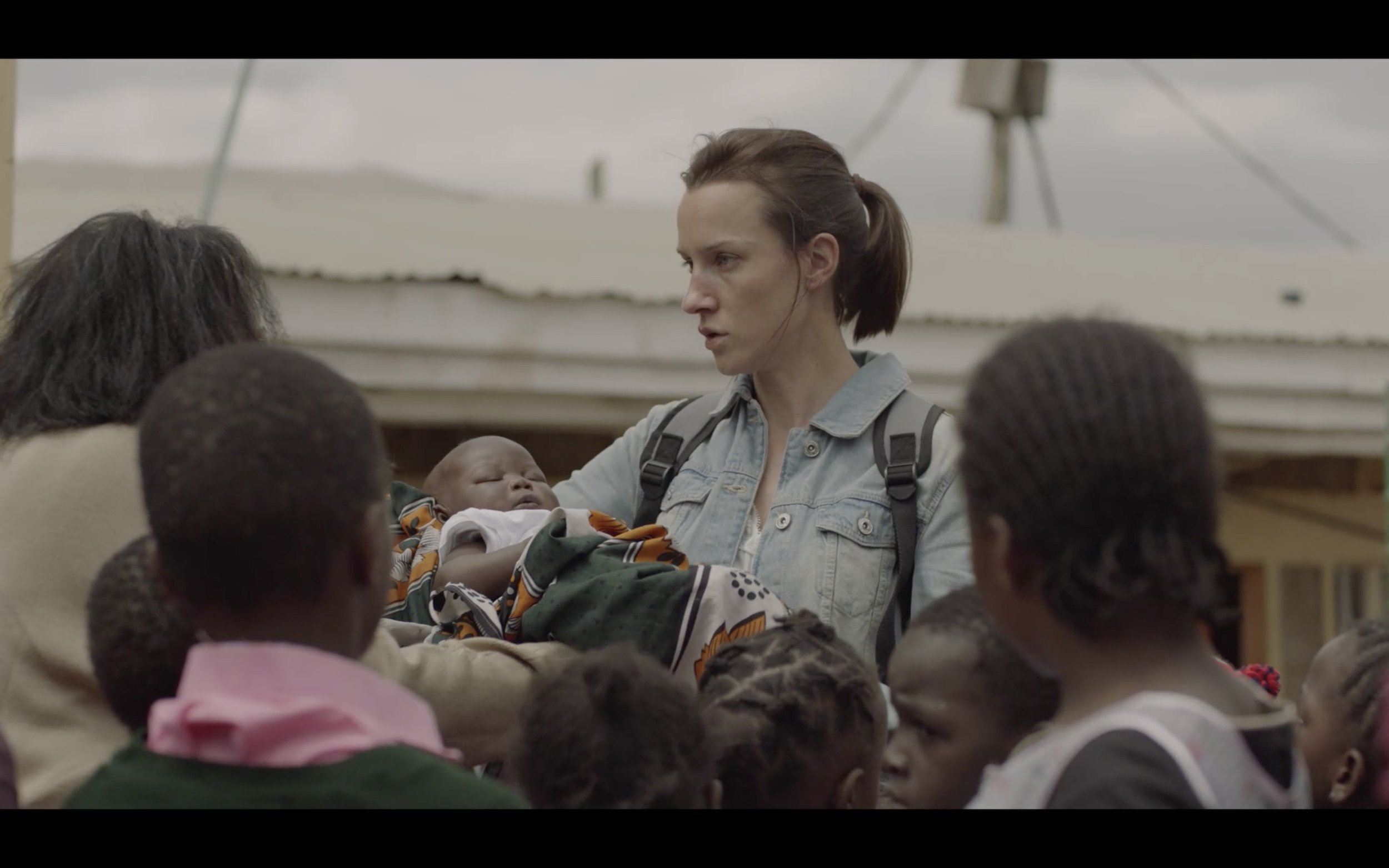A stellar line-up of films has been announced for the 11th European Film Festival in South Africa which runs from 10 to 20 October. Including two Oscar nominations, the select showcase of 14 films features numerous award-winners that delve into a wide-range of topics under the overarching theme of Complicated Freedoms. Cinema screenings take place in Johannesburg at Ster Kinekor, The Zone in Rosebank, and in Cape Town at The Labia. Eleven of the films will be available in the free programme of online streaming accessible across South Africa during the festival period.
The Films
Io Capitano
The festival opens with Italian director Matteo Garrone’s Oscar-nominated IO CAPITANO. It recounts the epic journey of two teenage boys from Senegal who make their way across Africa in pursuit of a dream called Europe, and is based on accounts of actual experiences by people who have undertaken these arduous contemporary odysseys. Amidst the multiple dangers of desert, sea and hostile racketeers along the way, IO CAPITANO is ultimately a journey of hope and heroism. This film goes beyond the numbers to put a very human face on migration issues that remain a tragic challenge to the world, very much including African countries; it raises issues of inequality and racism, but also highlights the presence of humanity and compassion in unexpected places.
Baan
The Portuguese film BAAN directed by Leonor Teles epitomises the pensive restlessness of 21st century Youth. It’s an innate search for both freedom and belonging in what is ultimately a journey of ongoing self-discovery when L. meets the elusive K. This explorative and gorgeously shot film is by one of the brightest young filmmakers emerging out of Portugal today – who wrote it, directed it and filmed it.
Blackbird Blackbird Blackberry
The Swiss film BLACKBIRD BLACKBIRD BLACKBERRY, directed by Elene Naveriani, is about a 48 year old woman in a Georgian village who finds herself passionately falling for a man, and is suddenly faced with the decision whether to pursue the relationship or continue her life of independence. The film makes a powerful statement about ageism, sexual awakening, and self-empowerment. BLACKBIRD BLACKBIRD BLACKBERRY won the Best Film prize at the Swiss Film Awards this year.
Citizen Saint
From Georgia, CITIZEN SAINT is an evocatively shot black and white classic by Tinatin Kajrishvili, which tells the story of a mining town where the disappearance of a revered statue of a saint coincides with the arrival of a mysterious stranger. A series of miracles create more chaos than good and controversial choices have to be made. This rather satirical film was Georgia’s submission to the Academy Awards this year.
Dying
From Germany, the often comedic DYING directed by Matthias Glasner, unpicks the dynamics and dysfunctionality between the very different members of the Lunies family; the demented father, the sickly wife, the orchestra conductor son, and the radical hedonistic daughter. We see that Dying is one thing, but Life is the real difficulty…. DYING won the Best Film prize at the German Film Awards this year.
Grey Bees
The Ukrainian film GREY BEES, directed by Dmyto Moiseiev, is about the last two remaining inhabitants in a tiny village in the no-man's-land between loyalist and separatist forces in the Donbas region in the days before the Russian invasion. Sergiich the beekeeper is Ukrainian, Pashka is Russian, and circumstances have brought them together in a stubborn and sometimes adversarial companionship. GREY BEES is a powerful testament to human connection going beyond our differences in moments of need.
Kneecap
From the UK, KNEECAP by Rich Peppiatt, presents a riotous look at a hip-hop trio in Belfast who by rapping in their native Irish language become the unlikely figureheads of a Civil Rights movement to save their mother tongue. In this fiercely original sex, drugs and hip-hop biopic Kneecap play themselves, laying down a global rallying cry for the defense of native cultures. The film won the coveted Audience Award at Sundance this year.
Love According to Dalva
From Belgium, LOVE ACCORDING TO DALVA directed by Emmanuelle Nicot, is a beautiful portrait of friendship, recovery and identity through a young girl's childhood sexual abuse story. Nicot’s poignant film explores the ramifications of abuse with deep sensibility and grace, in Dalva’s journey to reconstruction and hope. This film deals with a highly sensitive subject but one that has relevance in SA where child abuse is very high. The film won a remarkable 7 awards at Belgium’s Magritte Awards including Best Film.
Sweet Dreams
From the Netherlands, SWEET DREAMS, directed by Ena Sendijarević , is an audacious tale of the delicious demise of colonialism on a remote Indonesian island. Satirical and sometimes surreal in tone, personal ambitions play out against a backdrop of workers uprisings, lust, and deep intrigue. Winner of the Best Film award in The Netherlands, SWEET DREAMS was also that country’s submission to the Academy Awards this year.
In the Spanish film THE OTHER WAY AROUND directed by Jonás Trueba, a filmmaker couple have decided to separate and come up with the idea of throwing a party to celebrate the break-up. It is a very contemporary comedy drama that teases out witty and highly believable performances from the cast with some revealing insight into how relationships work…. or don’t work.
The Peasants
From Poland, THE PEASANTS, directed by Dorota Kobiela Welchman and Hugh Welchman, is a comic, tragic, and reflective story of one woman’s yearning for independence in a rural Polish village in the 19thcentury. Full of ornamental song and rapturous dance, the acted performances are meticulously painted frame after frame by more than 100 oil painters in a unique form of animation, reminiscent of the film LOVING VINCENT, by the same husband and wife directors. This film was Poland’s submission to the Academy Awards this year.
The Quiet Girl
In the Irish film THE QUIET GIRL, directed by Colm Bairéad, a young girl is sent away from her dysfunctional family to live with relatives for the summer where she blossoms and discovers a new way of living. Similtaneously raw and profoundly empathetic, it is a story about childhood and the transformative power of love and human kindness. THE QUIET GIRL won an Oscar nomination at the 2023 Academy Awards, the first Irish film ever to do so.
The Taste of Things
From France, THE TASTE OF THINGS is directed by Trần Anh Hùng, and stars Juliette Binoche and Benoît Magimel. Set in 19 century France, it is a touching love story that revolves around gastronomy in a way you just won’t see in the modern foodie films and TV series. This refined masterpiece of Cinema won the Best Director prize at Cannes and went on to be France’s submission for the 2024 Academy Awards.
Unruly
Women’s stories are very prominent in this year’s line-up and none more so than in the Danish film UNRULY. Here, director Malou Reyman’s unflinching and empathetic depiction of young women battling patriarchy and suppression of their rights in a 1930’s women’s institution is a deeply personal example of how women’s voices will not be silenced. It is also a strong reminder that achieving emancipation remains an ongoing process today.
For film synopses, film trailers and booking information visit www.eurofilmfest.co.za
The European Film Festival 2024 is a partnership project of the Delegation of the European Union to South Africa and 14 European embassies and cultural agencies in South Africa: the Embassies of Belgium, Denmark, Georgia, Ireland, Italy, the Netherlands, Poland, Portugal, Spain, Switzerland, Ukraine, and the British Council, Camoes Institute of Portugal, French Institute in South Africa, Goethe-Institut, Italian Cultural Institut, and Wallonie-Bruxelles International.
The festival is organised in cooperation with Cineuropa, Ster Kinekor and The Labia and is coordinated by Creative WorkZone.
-ends
Photos supplied:
More pics on this Google drive here
Audio : Co-director of European Film Festival - Peter Rorvik
Youtube link to trailer here:


































































































